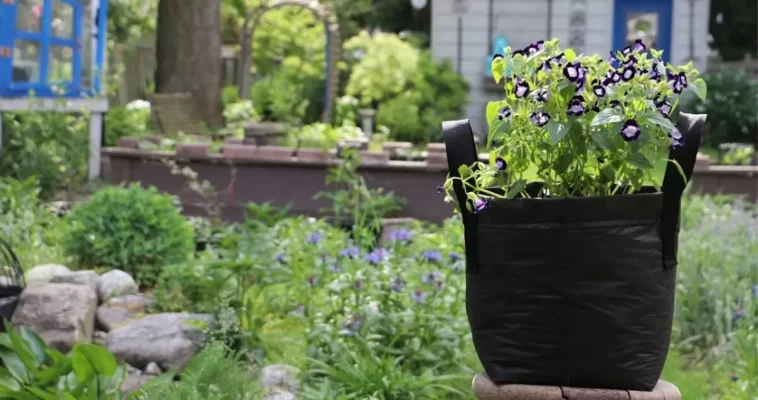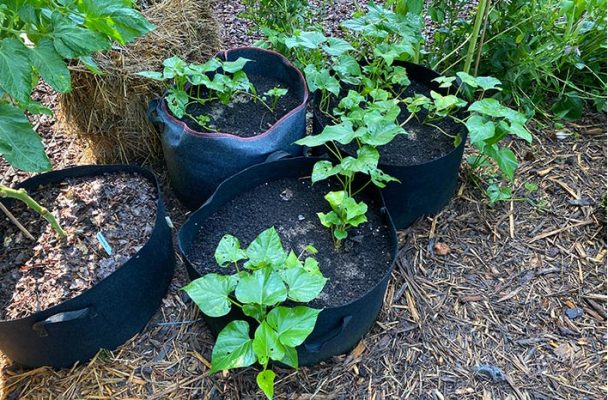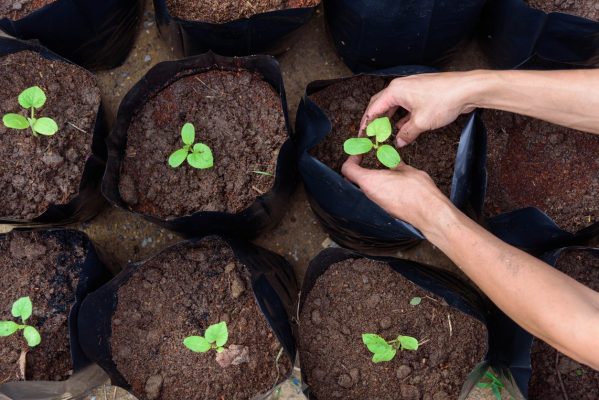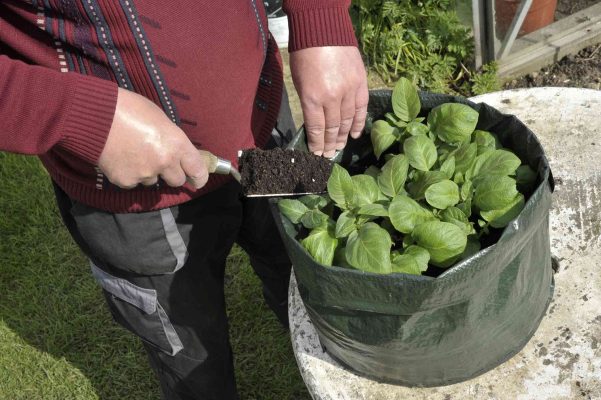No products in the cart.
Uncategorized
The Remarkable Green Solution: Recycled Plastic Bags for Cultivating Saplings
Cultivating saplings is a rewarding endeavor for nurseries and gardeners, but the environmental impact of plastic bags has raised concerns. The good news is that using recycled plastic bags for sapling cultivation offers a sustainable and eco-friendly solution. In this article, we will explore the features and numerous benefits of using recycled plastic bags for cultivating saplings. By adopting this environmentally conscious approach, you can nurture healthy plants while minimizing your carbon footprint.

1. Remarkable Features of Recycled Plastic Bags:
a. Eco-Friendly Material: Recycled plastic bags are made from post-consumer waste, diverting plastic from landfills and reducing environmental pollution. By repurposing these bags, we give them a second life and contribute to a circular economy.
b. Durability and Strength: Recycled plastic bags retain the durability and strength of their original form, making them suitable for supporting saplings during growth. Their sturdy construction ensures that they can withstand the rigors of nursery environments.
c. Customizability: Recycled plastic bags offer versatility in size and shape, providing flexibility in sapling cultivation. They can be easily modified or cut to accommodate different plant sizes, allowing for optimal growth and root development.
d. Moisture Retention: Plastic bags have inherent moisture retention properties, creating a favorable environment for saplings. This feature reduces the frequency of watering, conserves water resources, and promotes efficient plant hydration.
e. UV Protection: Some recycled plastic bags are formulated with UV stabilizers, offering protection against harmful ultraviolet rays. This feature is particularly beneficial for outdoor sapling cultivation, safeguarding young plants from sun damage.

2. Benefits of Using Recycled Plastic Bags for Sapling Cultivation:
a. Sustainability: By using recycled plastic bags, you actively contribute to sustainability efforts by reducing plastic waste and conserving resources. Recycling and repurposing these bags help create a greener future, minimizing the environmental impact of single-use plastics.
b. Cost-Effectiveness: Using recycled plastic bags can be more cost-effective than purchasing new ones. By repurposing existing bags, nurseries and gardeners save on material costs, making sapling cultivation a budget-friendly practice.
c. Easy Availability: Recycled plastic bags are readily available, making them easily accessible for nurseries and gardeners. They can be sourced from recycling centers, local communities, or even through partnerships with eco-conscious organizations.
d. Versatile Cultivation: Recycled plastic bags are suitable for a wide range of sapling cultivation techniques, including seed starting, transplanting, and container gardening. Their adaptability makes them an ideal choice for various plant species, allowing for efficient nursery management.

e. Reduced Environmental Impact: By utilizing recycled plastic bags, you significantly reduce the demand for new plastic production. This reduction in plastic consumption helps conserve energy, reduce greenhouse gas emissions, and mitigate the ecological footprint associated with plastic manufacturing.
f. Positive Public Image: Embracing sustainable practices, such as using recycled plastic bags, enhances your reputation as an environmentally responsible nursery or gardener. Demonstrating a commitment to eco-friendly solutions resonates with environmentally conscious consumers and can attract like-minded customers.
g. Compliance with Regulations: In some regions, there may be regulations or initiatives in place to promote the use of recycled materials. By using recycled plastic bags for sapling cultivation, you align with these guidelines and demonstrate compliance with environmental standards.

Recycled plastic bags offer remarkable features and numerous benefits for cultivating saplings in a sustainable and environmentally conscious manner. Their eco-friendly nature, durability, customizability, and moisture retention properties make them an ideal choice for nurturing healthy plants. By embracing recycled plastic bags, nurseries and gardeners not only reduce their carbon footprint but also contribute to a circular economy and promote a greener future. Embrace the features and benefits of recycled plastic bags for sapling cultivation and let your commitment to sustainability flourish while cultivating thriving saplings.
If you care about this, please contact Vinbags for more information and supports.
